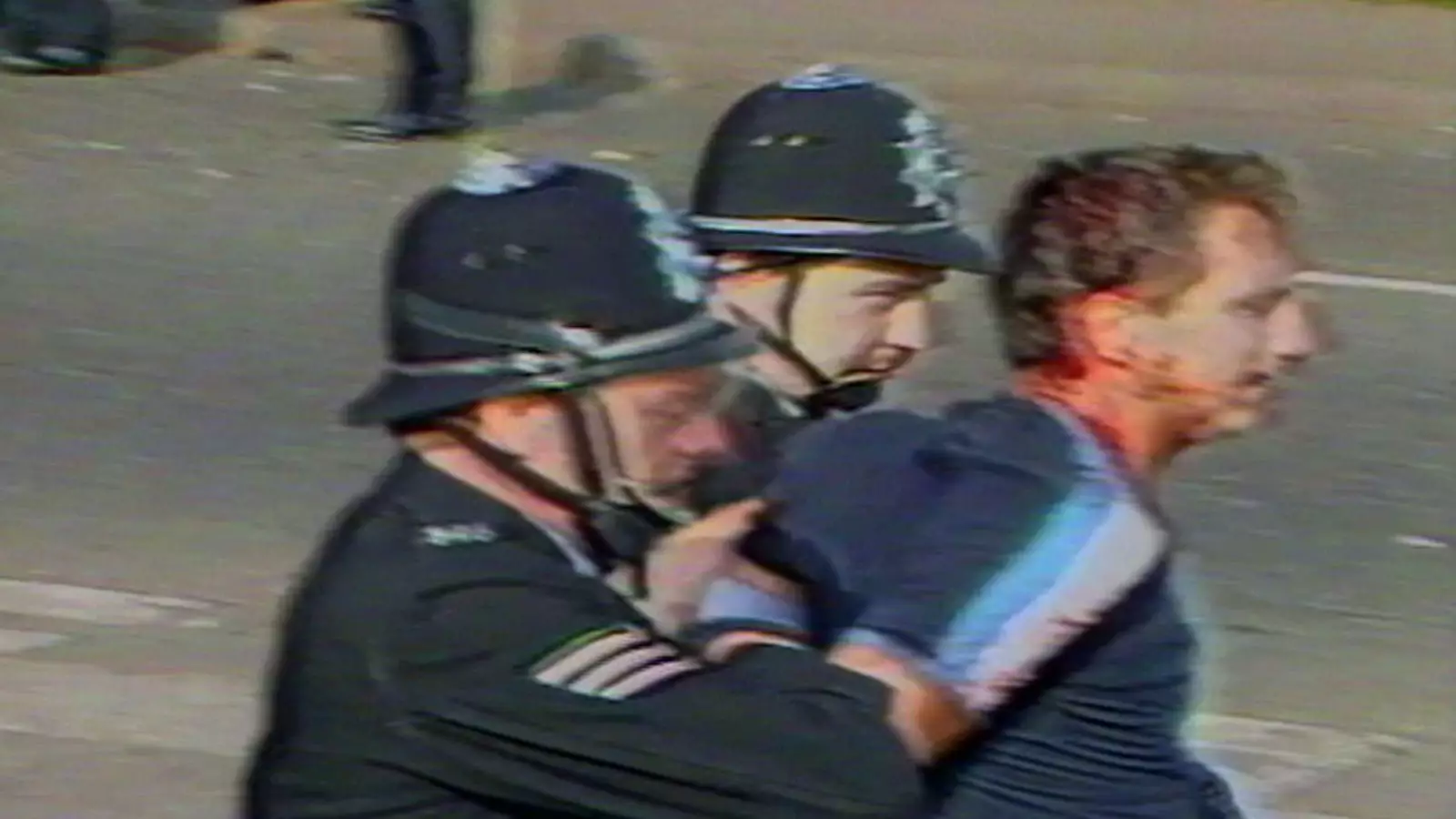Decades after the chaotic clashes at Orgreave, the unquestioned narrative has long painted police as defenders of law and order against violent miners. However, the announcement of a new public inquiry raises profound questions about transparency, justice, and how history is constructed by those in power. While the government heralds this investigation as a step toward accountability, one must critically assess whether this effort is genuine or merely a calculated attempt to placate public unrest. The fact that critical documents remain embargoed suggests that the full story is still being kept under wraps, conveniently shielding institutions from scrutiny.
The violence on June 18, 1984, was undeniably intense, with reports of police horses charging into defenseless picketers, baton assaults, and widespread injuries. Yet, the official version has consistently blamed the miners, dismissing their claims of police aggression as exaggerated or fabricated. This skewed portrayal has contributed to a distorted collective memory where the police appear as victims of chaos, despite overwhelming evidence indicating a possible orchestration of violence. The government’s decision to launch a statutory inquiry, while promising, may serve more as damage control than a genuine excavation of truth. It leaves open the question: will the state simply validate the claims of the police and dismiss inconvenient truths, or will it confront systemic failings?
The Flawed Pursuit of Justice: Justice Delayed is Justice Denied
The aftermath of Orgreave highlights a troubling pattern in the pursuit of justice for marginalized groups. Witness testimonies and fractured evidence played roles in the collapse of criminal trials against miners. The police evidence, now widely questioned, was once regarded as sacrosanct. The notion that some victims suffer lifelong physical and psychological scars while accountability remains elusive underscores a systemic failure to confront state misconduct. The failure to fully investigate the incident, despite billions spent on police misconduct settlements over the years, suggests that justice is often sacrificed at the altar of political convenience.
This delayed pursuit of truth reveals a political climate comfortably complicit in maintaining a sanitized narrative. The inquiry’s setting under the guidance of the Bishop of Sheffield, a figure likely to approach the matter with theological discretion, hints at a desire for reconciliation rather than radical transparency. There are layers of irony here: a government eager to appear committed to justice, yet unwilling to interrogate the very forces responsible for the violence that scarred a generation. The long hiatus between the event and the inquiry underscores the question of whether genuine accountability is achievable or if it is merely a token gesture to appease critics.
The Politics of Memory: Who Controls the Narrative?
Orgreave is more than a historical event; it symbolizes a broader contest over collective memory and political legitimacy. The miner’s struggle was emblematic of wider economic and social disparities fueled by neoliberal policies of the time. The violence was arguably a product not only of police tactics but of a government ideologically intent on crushing dissent. The recent inquiry risks becoming another battleground for these unresolved tensions, where the state’s official account attempts to rewrite or soften the truth.
The efforts of campaigners to uncover the reality are commendable but face an uphill battle against a culture that prefers silence over uncomfortable truths. The presence of embargoed documents suggests that the full scope of the state’s involvement might still be hidden. If these papers reveal an orchestration of violence, it could radically alter public perception and demand a reckoning at the highest levels. It is vital to remember that history, especially the violent repression of protest, is rarely as simple as the official narrative insists—complex motives, political agendas, and institutional blind spots all intertwine.
The Future of Justice: Can We Trust the System to Kill its Own Myth?
In a political landscape marked by frequent injustice and cover-ups, the Orgreave inquiry embodies hope filtered through skepticism. For many, truth is a vital component of healing, yet history warns that institutional mistrust runs deep. The public’s patience has worn thin after decades of silence and denial, but there remains a palpable desire for genuine accountability—not superficial probes that serve to perpetuate the status quo.
The government’s framing of the inquiry as a means to “restore trust” is a double-edged sword; trust is not easily restored when fundamental questions are left unaddressed. The challenge lies in ensuring that the inquiry is not just performative, but transformative. That means compelling witnesses under oath, releasing withheld documents, and critically questioning the official versions of events. Only then can justice begin to confront its long-standing elusiveness. Without this forthright approach, the inquiry risks being another chapter in a pattern of institutional dodging, where truth remains an elusive prize, and history continues to judge with an unyielding gaze.

